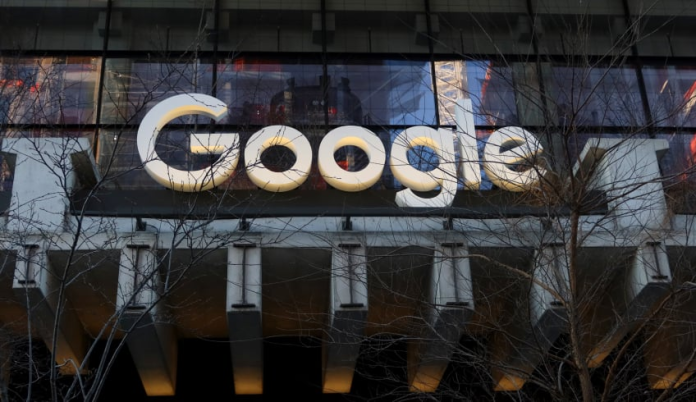A US federal judge ruled that Alphabet’s Google illegally monopolised key sectors of the digital advertising market, marking the tech giant’s second major antitrust defeat in less than a year and setting the stage for potential structural reforms to its $300 billion ad-tech empire, according to Reuters.
Judge Leonie Brinkema of the US District Court for the Eastern District of Virginia concluded that Google “willfully acquired and maintained monopoly power” in two critical markets: publisher ad servers (tools used by websites to manage ad inventory) and ad exchanges (platforms connecting buyers and sellers).
The ruling highlighted Google’s anticompetitive practices, including tying its ad server (DFP) to its exchange (AdX), which forced publishers to use both products and stifled rivals. Brinkema noted this conduct “substantially harmed publishers, competition, and consumers” by inflating costs and limiting choice.
In addition to depriving rivals of the ability to compete, this exclusionary conduct substantially harmed Google’s publisher customers, the competitive process, and, ultimately, consumers of information on the open web.
However, the court dismissed claims that Google monopolised the advertiser ad network market, handing the company a partial victory. Google’s acquisitions of firms like DoubleClick and AdMeld were also deemed non-antitcompetitive, though their integration helped cement its dominance.
Google vowed to appeal the ruling, with Vice President of Regulatory Affairs Lee-Anne Mulholland stating:
We won half of this case and we will appeal the other half. Publishers have many options and they choose Google because our ad tech tools are simple, affordable and effective.
The US Department of Justice (DOJ), meanwhile, hailed the decision as a “landmark victory” and is expected to push for remedies including the divestiture of Google Ad Manager, which houses DFP and AdX.
Meta Platforms is under investigation in a separate antitrust case brought by the US Federal Trade Commission. It accuses the owner of Facebook, WhatsApp and Instagram of an illegal monopoly in personal social networks. The commission also charged Amazon.com with illegally dominating online shopping markets.
The case, filed by the DOJ and 17 states, follows a ruling that Google illegally monopolised search markets. With a separate trial over Chrome’s dominance set for next week, Google faces parallel pressures in Europe, where it previously considered selling its ad exchange.
